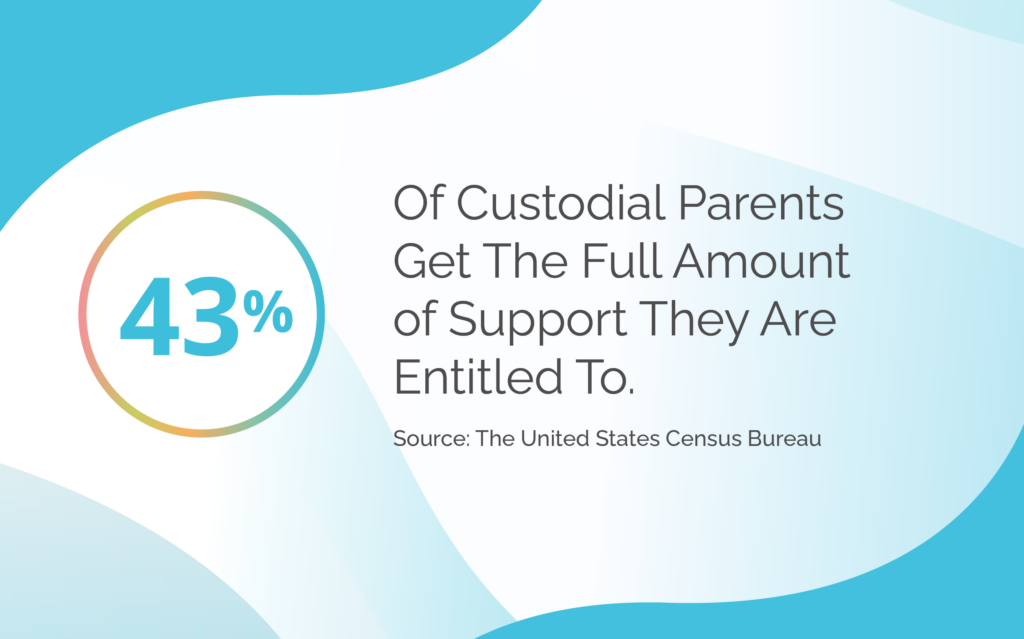General Principles Of Child Support
Child support calculations are primarily based on the parents’ incomes, the number of children, and the custody arrangement. The overarching goal is to maintain the child’s standard of living post-separation. The calculations can also consider the financial needs of the children, including education, healthcare, and any special needs, as well as each parent’s financial ability.
Child Support Calculation In Colorado
Colorado employs the “Income Shares Model” for determining child support, which considers the combined income of both parents to ensure that the child receives a proportionate share of parental income. A parent earning $1,000 a week could expect the basic child support amount to be adjusted based on the number of children and the percentage of time each parent spends with the children. For example, for one child and equal custody, the guideline might suggest approximately $214 per month.
Child Support Calculation In California
Like Colorado, California uses the Income Shares Model, but it also takes into account the high cost of living in many parts of the state. California’s formula for calculating child support also includes factors like taxes, health insurance premiums, and other child-related expenses. Using a standard calculation, an individual earning $1,000 a week might pay around $250 per month for one child, though this figure can vary significantly based on specific circumstances and local county guidelines.
Texas Spousal Maintenance
Texas approaches child support with a streamlined model, applying a fixed percentage of the non-custodial parent’s income based on the number of children. For instance, the rates are 20% for one child, 25% for two children, and so forth, up to a maximum of 40%. Therefore, a parent making $1,000 a week would pay $200 weekly for one child. This model simplifies the calculation process, making it relatively predictable compared to states that use more complex formulas.
It’s important to note that the figures provided are basic guidelines. Actual child support payments can differ due to additional recognized expenses, such as extraordinary medical costs, special education needs, or other significant child care expenses. Furthermore, courts can deviate from standard calculations under certain circumstances, and parents can agree on different amounts with court approval.







